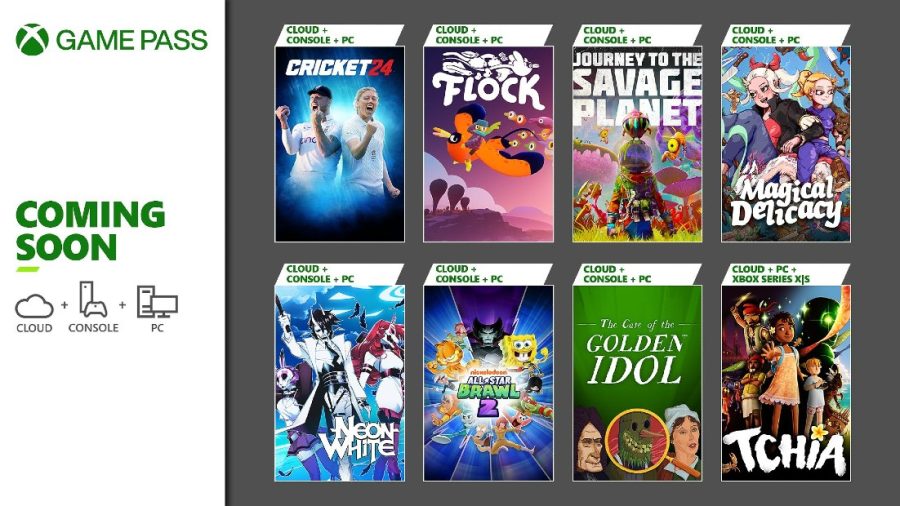Amazon’s cloud division is reportedly looking into Perplexity AI, an artificial intelligence search startup, to determine if it is violating Amazon Web Services (AWS) rules by scraping websites that have blocked such activities. An AWS spokesperson confirmed to ReadWrite that the company told WIRED it was reviewing the information the publication provided in a media inquiry, as it does with all potential violations of its terms of service. Perplexity operates using servers provided by Amazon’s cloud service.
According to a report by WIRED, Perplexity AI appears to use content from websites that have explicitly prohibited scraping through the Robots Exclusion Protocol, a common web standard. While this protocol is not legally binding, terms of service typically are. AWS stated that they are reviewing the information provided by WIRED as part of their standard procedure for handling reports of potential terms of service violations. To comply with Amazon’s terms, customers are supposed to adhere to robots.txt files when web crawling.
These files are generally used on websites to instruct bots and web crawlers to refrain from scraping their data, whether for generative AI tools or other uses.
“AWS’s terms of service prohibit abusive and illegal activities and our customers are responsible for complying with those terms. We routinely receive reports of alleged abuse from a variety of sources and engage our customers to understand those reports,” the representative said.
Has Perplexity AI plagiarized content?
Forbes claimed that Perplexity has been accessing content from websites that explicitly prohibit such scraping practices.
Forbes’ editor and chief content officer, Randall Lane, charged Perplexity with committing “cynical theft,” accusing the company of creating “knockoff stories” that contain “eerily similar wording” and “entirely lifted fragments” from its articles.
He added: “More egregiously, the post, which looked and read like a piece of journalism, didn’t mention Forbes at all, other than a line at the bottom of every few paragraphs that mentioned ‘sources,’ and a very small icon that looked to be the ‘F’ from the Forbes logo – if you squinted.”
The San Francisco-based AI search startup, Perplexity, once celebrated by top tech investors like Amazon’s Jeff Bezos, has recently faced scrutiny over plagiarism accusations.
Aravind Srinivas, CEO of Perplexity, denied allegations that his company was “ignoring the Robot Exclusions Protocol and then lying about it.” Srinivas acknowledged to Fast Company that Perplexity does use third-party web crawlers in addition to its own, and confirmed that the bot identified by WIRED was among them.
However, he added, “It was accurately pointed out by Forbes that they preferred a more prominent highlighting of the source.” Srinivas also mentioned that sources are now more prominently spotlighted.
ReadWrite has reached out to Amazon and Perplexity for comment.
UPDATED: Comment and clarification from Amazon has been added on July 2.
Featured image: Canva / Perplexity AI


















